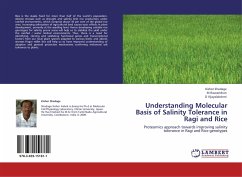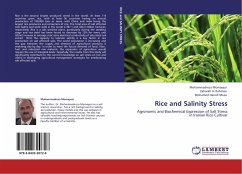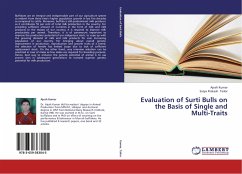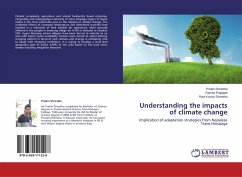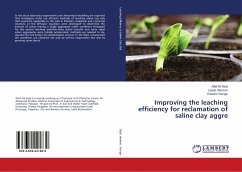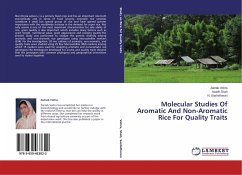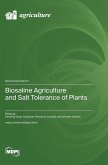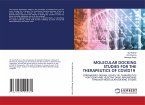Rice is the staple food for more than half of the world s population. Abiotic stresses such as drought and salinity limit rice production under rainfed environments, which comprise about 45 per cent of the global rice area. Increasing salinization of agricultural land causes toxic effects in plant development, primarily at the seedling level. Hence developing suitable rice genotypes for salinity prone areas will help us to stabilize the yield under the rainfed / water limited environments. Thus, there is a need for identifying, cloning and validating functional genes and transcriptional factors from our local plant species adapted to various biotic and abiotic stresses finger millet this will help us to have improved understanding of adaptive and general protective mechanisms conferring enhanced salt tolerance to plants.

